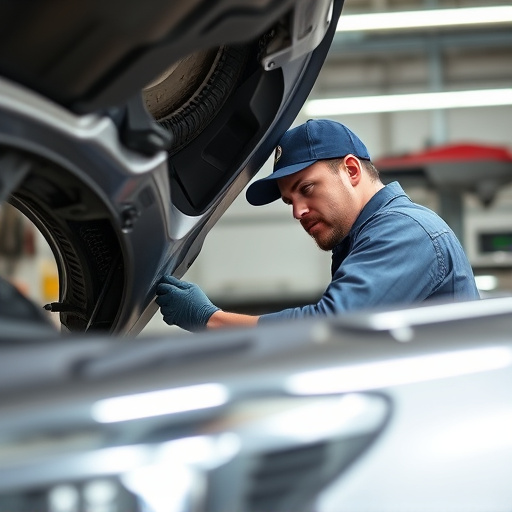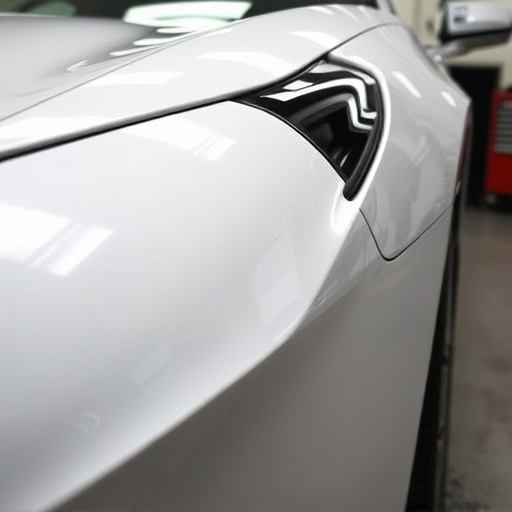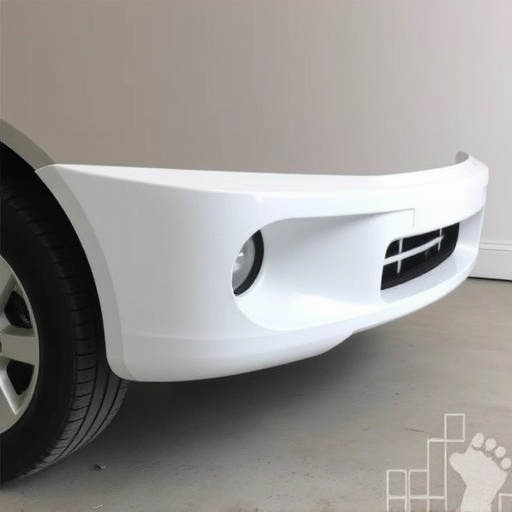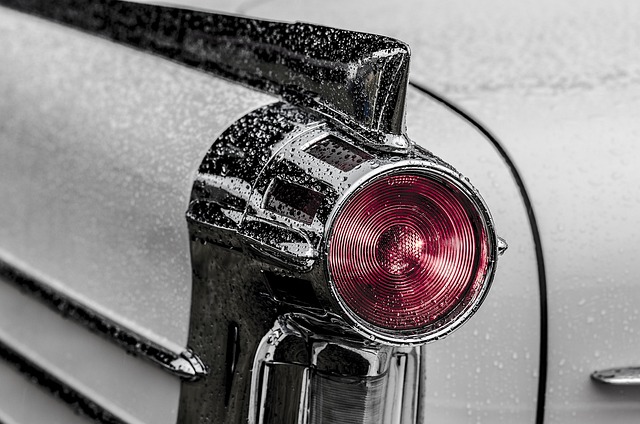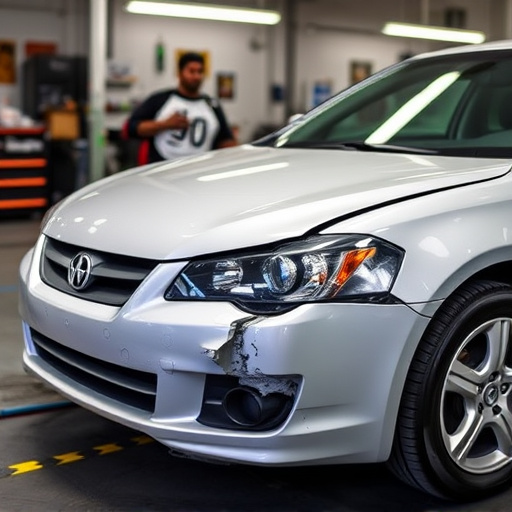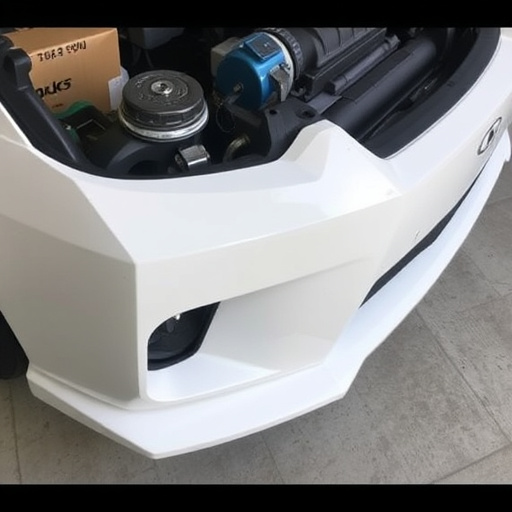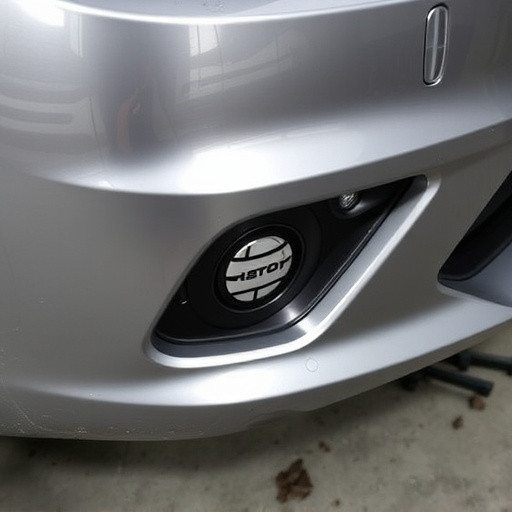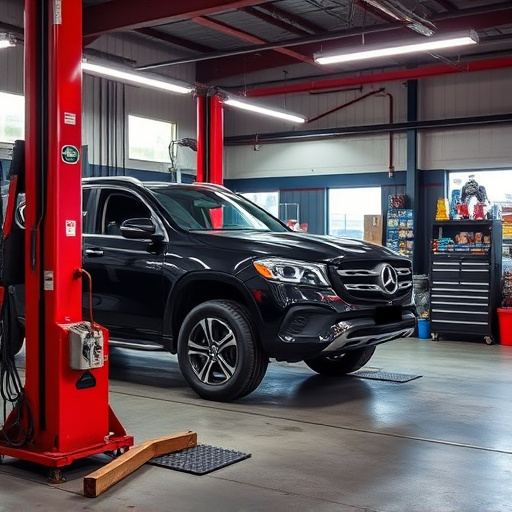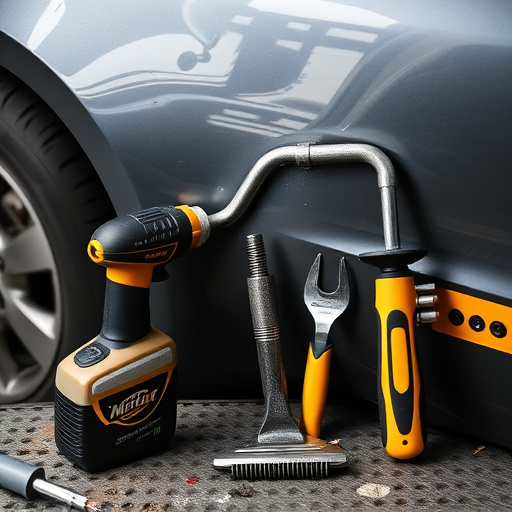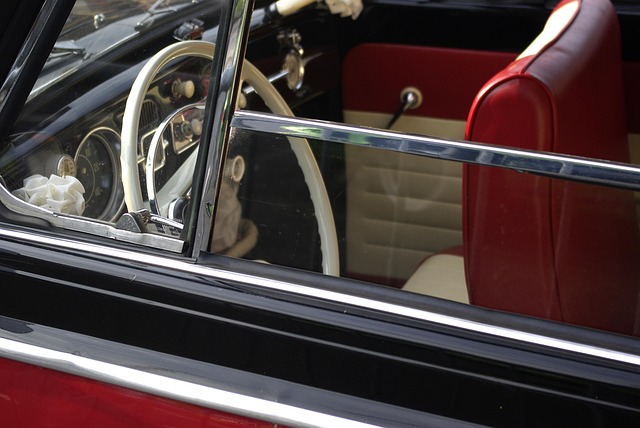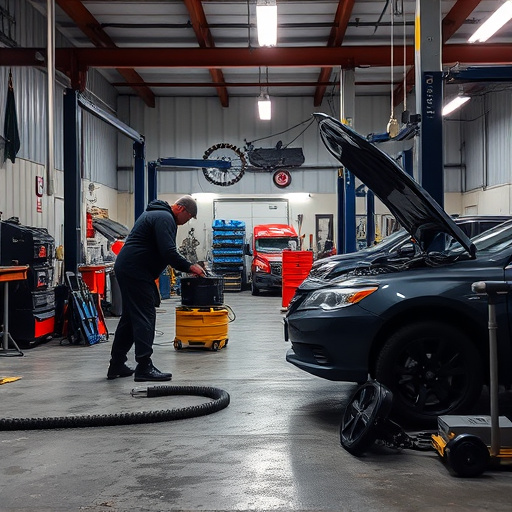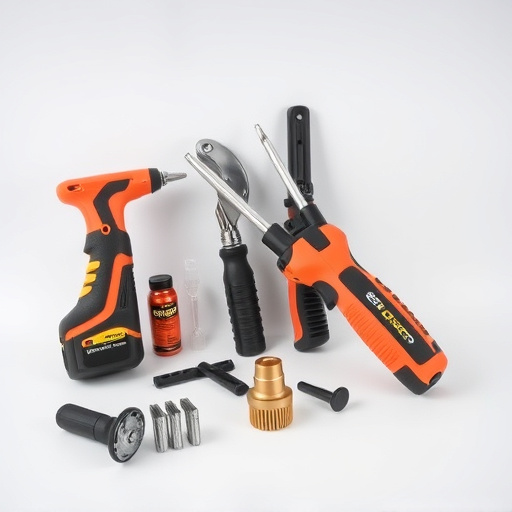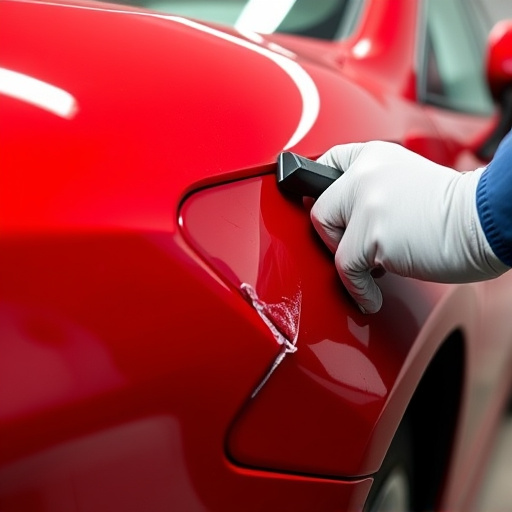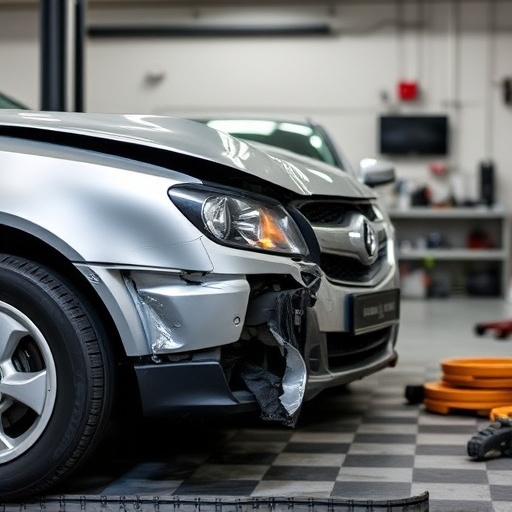Core Support Replacement (CSR) is a specialized automotive repair process for critical structural elements, ensuring safety and aesthetic appeal. Multi-Shop Repair Coordination optimizes complex vehicle repairs by centralizing communication and standardizing procedures across dedicated shops. Seamless CSR implementation requires technician training, standardized protocols, clear communication, high-quality parts, and efficient inventory management to enhance customer satisfaction and solidify collision center reputation.
In today’s competitive market, efficient core support replacement and multi-shop repair coordination are vital for maintaining equipment efficiency and reducing downtime. This comprehensive guide delves into these critical processes, offering a detailed look at understanding core support replacement and optimizing multi-shop repairs. By exploring best practices and strategies, businesses can streamline operations, enhance productivity, and ensure seamless core support replacement implementation.
- Understanding Core Support Replacement: A Comprehensive Guide
- Multi-Shop Repair Coordination: Streamlining Effort and Efficiency
- Best Practices for Seamless Core Support Replacement Implementation
Understanding Core Support Replacement: A Comprehensive Guide
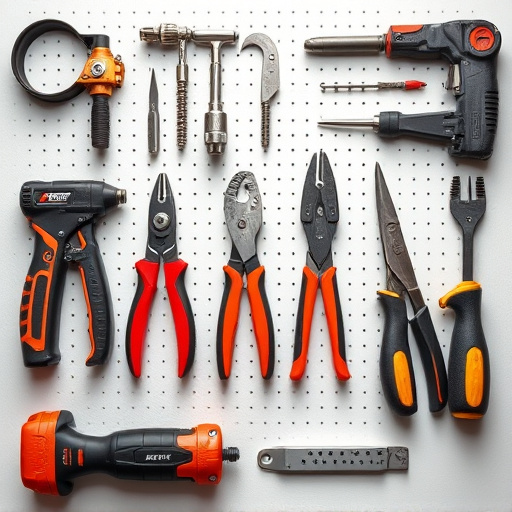
Core Support Replacement (CSR) is a specialized process that focuses on repairing and replacing critical structural components within a vehicle’s body. It involves meticulous techniques to ensure the integrity and safety of the vehicle’s frame, panels, and other essential parts. This process is particularly crucial for vehicles with significant damage, especially those requiring scratch repair or dent repair. CSR goes beyond mere cosmetic enhancements; it addresses structural weaknesses, ensuring the vehicle meets safety standards after vehicle body repair.
Understanding CSR involves grasping its multi-faceted nature. It requires a detailed assessment to identify which components need replacement, considering both visible dents and underlying frame damage. Skilled technicians use advanced tools and methods for dent repair and core support replacement, accurately measuring and cutting new parts to fit seamlessly into the existing vehicle body. This meticulous approach guarantees not just an aesthetically pleasing outcome but also structural soundness, making CSR a key service in modern automotive care.
Multi-Shop Repair Coordination: Streamlining Effort and Efficiency
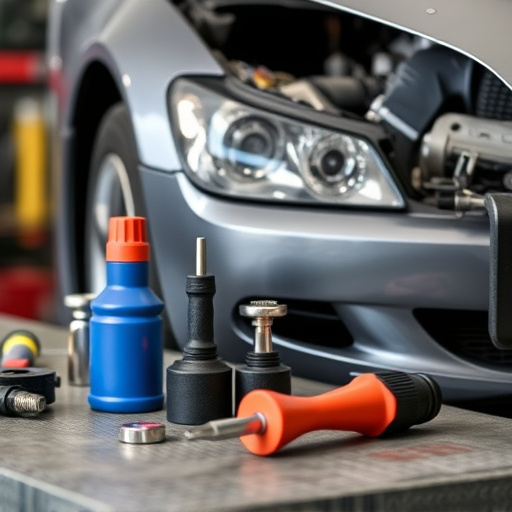
Multi-Shop Repair Coordination is a strategic approach that revolutionizes the traditional process, especially in the context of complex vehicle repairs, such as core support replacement. By coordinating efforts across multiple repair shops, this method streamlines the entire process, ensuring efficient use of resources and time. This coordination involves seamless communication, standardized procedures, and shared expertise, enabling faster turnaround times for automotive repair services.
For instance, when a car experiences a collision, requiring both body work (like car dent removal) and engine repairs, multi-shop coordination can facilitate the process. One shop might specialize in structural integrity restoration, while another handles the intricate car collision repair, ensuring each component receives expert attention. This collaboration not only enhances overall efficiency but also guarantees that every repair meets the highest standards, ultimately delivering a superior customer experience.
Best Practices for Seamless Core Support Replacement Implementation
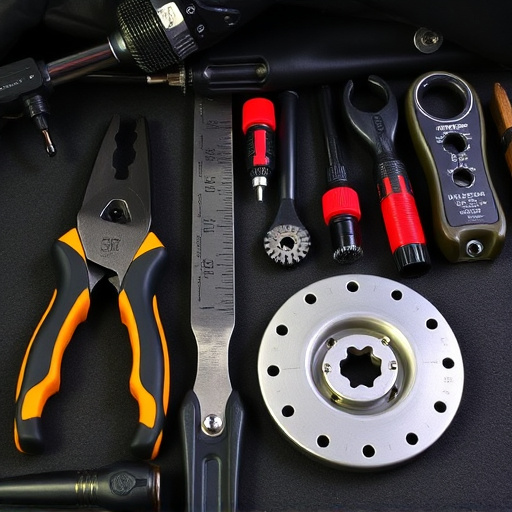
Implementing a seamless core support replacement process is paramount for any auto collision center or vehicle repair service striving for excellence in car restoration. Firstly, ensure comprehensive training for technicians across all departments to grasp the intricacies of this procedure. Standardized protocols and clear communication channels are essential to maintain consistency and reduce errors. By fostering an environment where knowledge sharing is encouraged, your team will become adept at handling core support replacements efficiently.
Moreover, investing in high-quality replacement parts from trusted manufacturers can significantly impact the overall success rate of these repairs. Keeping a well-stocked inventory of commonly used core components allows for prompt service and reduces wait times for customers. Regularly reviewing and updating your parts supply chain will ensure that you offer the best solutions for every car restoration project, enhancing customer satisfaction and maintaining your facility’s reputation as a leader in auto collision repair services.
Core support replacement and multi-shop repair coordination are essential strategies for enhancing automotive service efficiency. By implementing these practices, garages can streamline operations, reduce downtime, and provide customers with faster, more reliable vehicle repairs. Understanding the intricacies of core support replacement and mastering multi-shop coordination are key to staying competitive in today’s auto repair landscape.
